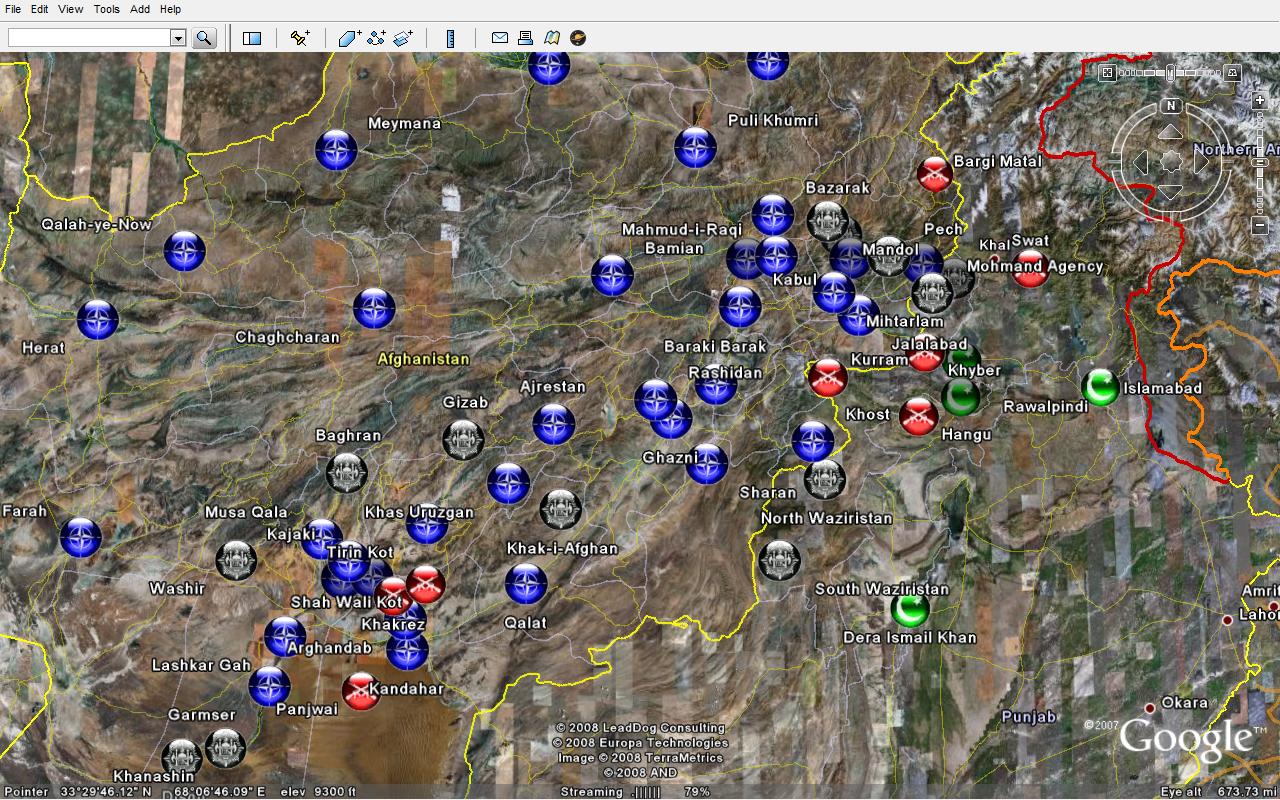Al Jazeera cameraman Sami al-Hajj has been released from the US military prison at Guantanamo Bay and has arrived in Sudan.
Al-Hajj, who arrived at the airport in the capital Khartoum early on Friday from more than six years in captivity, was carried off the aircraft in a stretcher.
He appeared too weak to talk and was immediately taken to hospital where his wife and son were on their way to meet him.
Sudan's justice minister told Al Jazeera that al-Hajj was a free man and would not be arrested.
Al-Hajj's wife, Asma Ismailov, spoke to Al Jazeera before she travelled to Sudan.
"Now I can think differently, now I can plan my life differently, everything will be fine, God willing," she said.
Two other Sudanese inmates at Guantanamo were freed along with al-Hajj.
The cameraman was seized by Pakistani intelligence officers while travelling near the Afghan border in December 2001.
Despite holding a legitimate visa to work for Al Jazeera's Arabic channel in Afghanistan, he was handed to the US military in January 2002 and sent to Guantanamo Bay.
Al-Hajj, who is originally from Sudan, was held as an "enemy combatant" without ever facing a trial or charges.
He had been on hunger strike since January 7, 2007.
'Element of racism' David Remes, a lawyer for 17 detainees at Guantanamo Bay, told Al Jazeera that the treatment al-Hajj received "was more horrific than most" and that there was "an element of racism" in the way he was treated.
He said he had been in contact with the lawyer representing al-Hajj and it appeared the cameraman had been "psychologically damaged".
"The Europeans would never receive this treatment," Remes said.
About 280 detainees remain at Guantanamo and the lawyer said European detainees had all been returned to their country, leaving nationalities such as Yemenis - who now constitute one third of the inmate population.
Remes said al-Hajj was being released because the Bush administration "wants to flush as many men out of Guantanamo as quickly as possible … as Guantanamo has become such an international badge of shame".
"Once the Supreme Court said the men could have lawyers the pressure increased [on the US] and condemnation isolated the US administration. Guantanamo was a PR disaster," he said.
"Unfortunately Americans appreciate violations of rights but they have no sympathy for men held at Guantanamo as the [Bush] administration has done such a good job in portraying them as the worst of the worst and as evil doers.
"I've met many prisoners, gotten to appreciate their suffering ... we know them as humans not as worst of worst, we've met their families.
"I've been to Guantanamo and the human dimension of Guantanamo is a story yet to be told," Remes said.
Force fed Zachary Katznelson, a lawyer from the Reprieve organisation has worked on al-Hajj's case since August 2005 and has visited him 10 times in Guantanamo Bay, the last time just three weeks ago.
"Al-Hajj is remarkably thin, he has been on hunger strike and forcibly fed through his nose while being strapped down, twice a day, for 16 months," he said.
"He looks like an ill man, he has problems with his kidneys, liver, blood in his urine and there are concerns that he may have cancer."
Katznelson said that the cameraman's release was probably motivated by political concerns.
"I think this is part of a larger picture between the United States and Sudan, that they are trying to bring those countries closer together," he said.
"Sudan, one of the primary demands they made to the United States, is if you want to normalise relations with us you have to give something back, and one of the things is the prisoners in Guantanamo Bay."
'Telling the truth' Martin Mubanga, a former Guantanamo detainee, told Al Jazeera that al-Hajj had refused to be broken by his experience in Guantanamo Bay.
"When I saw him in the last years [of my captivity] he became stronger as he took a stance against the American authorities," he said.
"Basically he was a man of resolve, he refused to be broken because at the end of the day he was telling the truth, he was not a member of al-Qaeda."
Mubanga said that al-Hajj would not believe he was free until he was back on the ground with his son.
"Only then will it probably begin to sink in that he is free, on the plane he'll probably still be thinking he is in a dream, that it is not really happening."
Al Jazeera has been campaigning for al-Hajj's release since his capture more than six years ago.
Al Jazeera concerns Wadah Khanfar, Al Jazeera's director-general who is in Khartoum to welcome al-Hajj, criticised the US military for urging him to spy on the operations at the channel.
"We are concerned about the way the Americans dealt with Sami, and we are concerned about the way they could deal with others as well," he said.
"Sami will continue with Al Jazeera, he will continue as a professional person who has done great jobs during his work with Al Jazeera.
"We congratulate his family and all those who knew Sami and loved Sami and worked for this moment."
Via Al Jazeera.Comment:Finally.
 Finally.
Finally.

